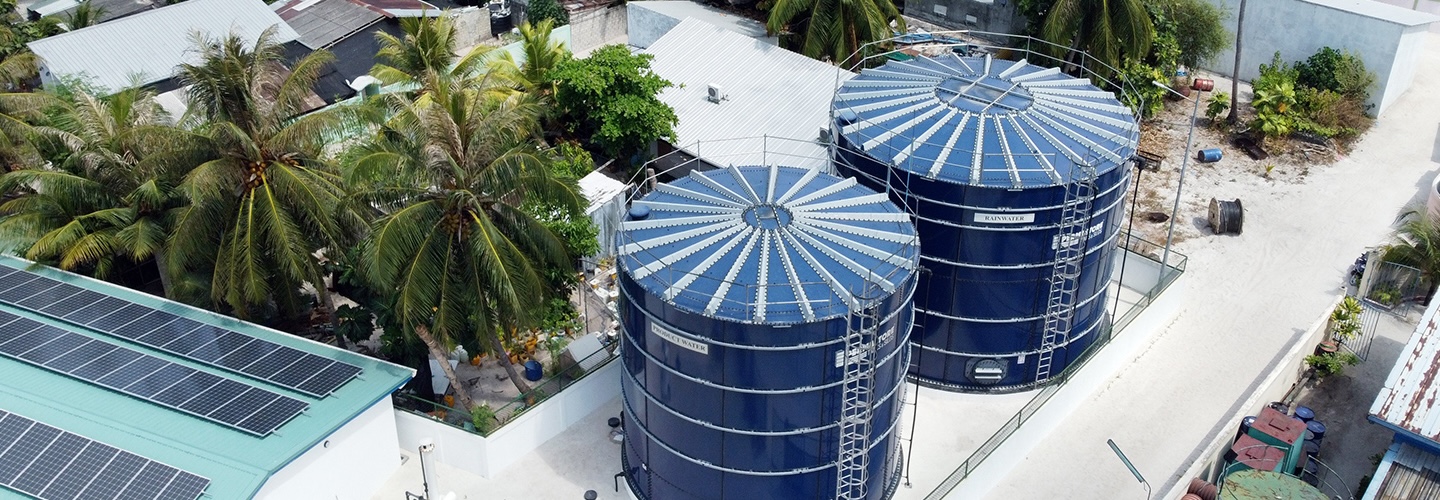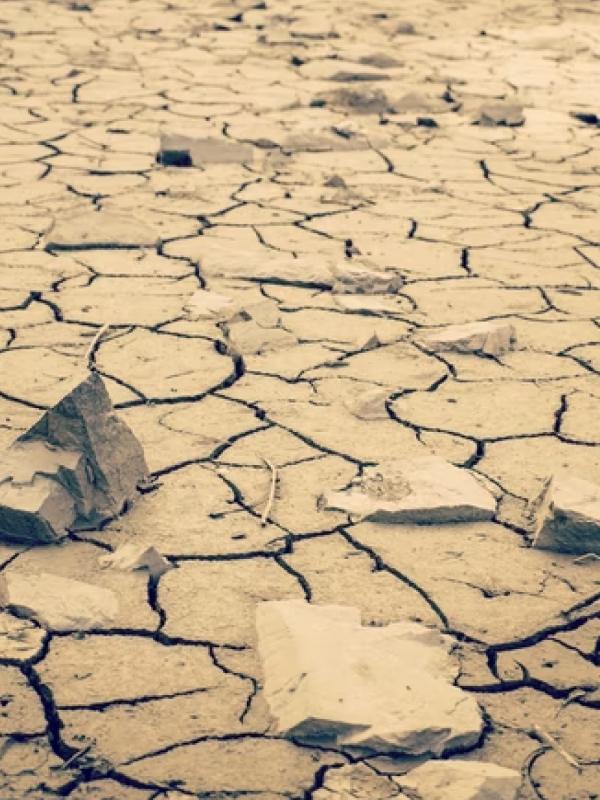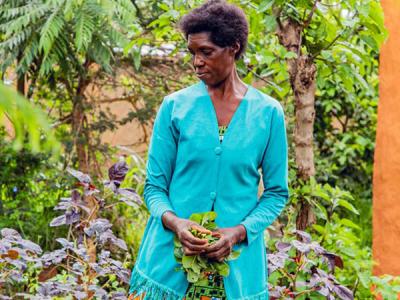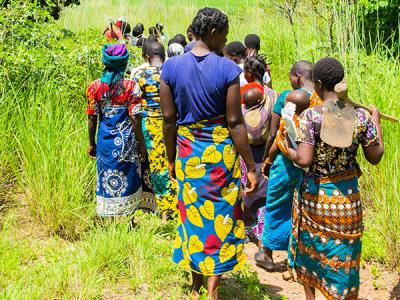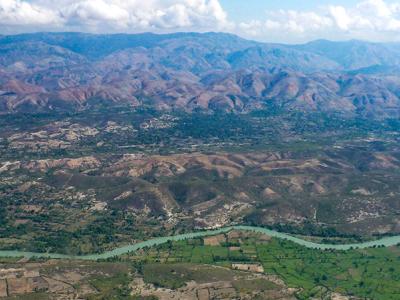Around the world, climate change and increases in extreme events such as droughts and floods, coupled with natural resource degradation, is putting water for drinking, agriculture, and other uses at risk. Water systems under threat from pollution, inefficient water use, habitat loss and climate change can also become the source of local and regional conflicts.
Ensuring access to reliable water is an essential component of UNDP’s climate change adaptation service offer. The main areas of work include watershed management and catchment rehabilitation; sustainable land management; improving access to drinking water and water for domestic use; and promoting integrated water resource management systems. UNDP also assists local, national, and regional initiatives to identify priorities and agree on governance reforms to promote integrated, ecosystem-based, climate-resilient approaches for water resources management. UNDP supports National Adaptation Plans, climate information, and early warning systems, with ecosystem-based adaptation offering cross-cutting solutions for sustainable water management.
Partnerships
UNDP’s work on water and ocean governance focuses primarily on the challenges related to SDG6 (sustainable management of water and sanitation for all) and SDG14 (to conserve and sustainably use the oceans, seas, and marine resources). Our projects and programmes bring a diverse suite of actors together to jointly protect ecosystems and ensure the sustainable use of water and ocean resources to build equitable, inclusive, and sustainable societies.

